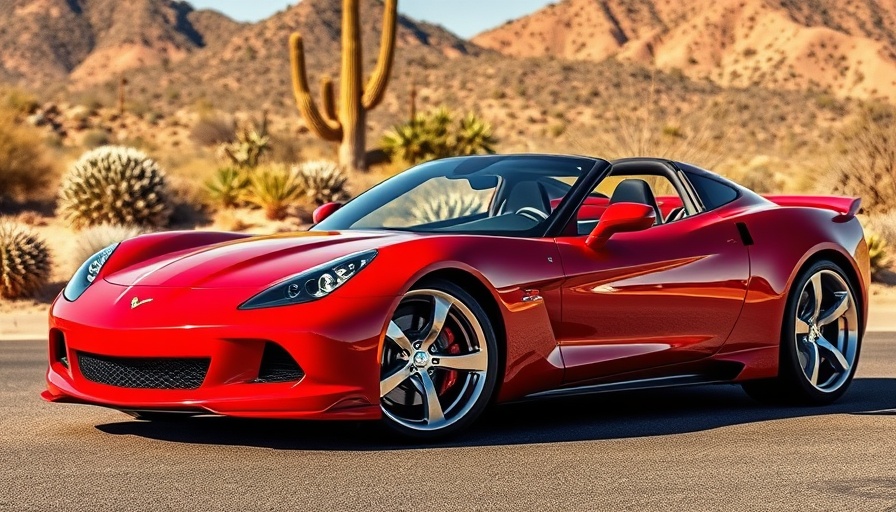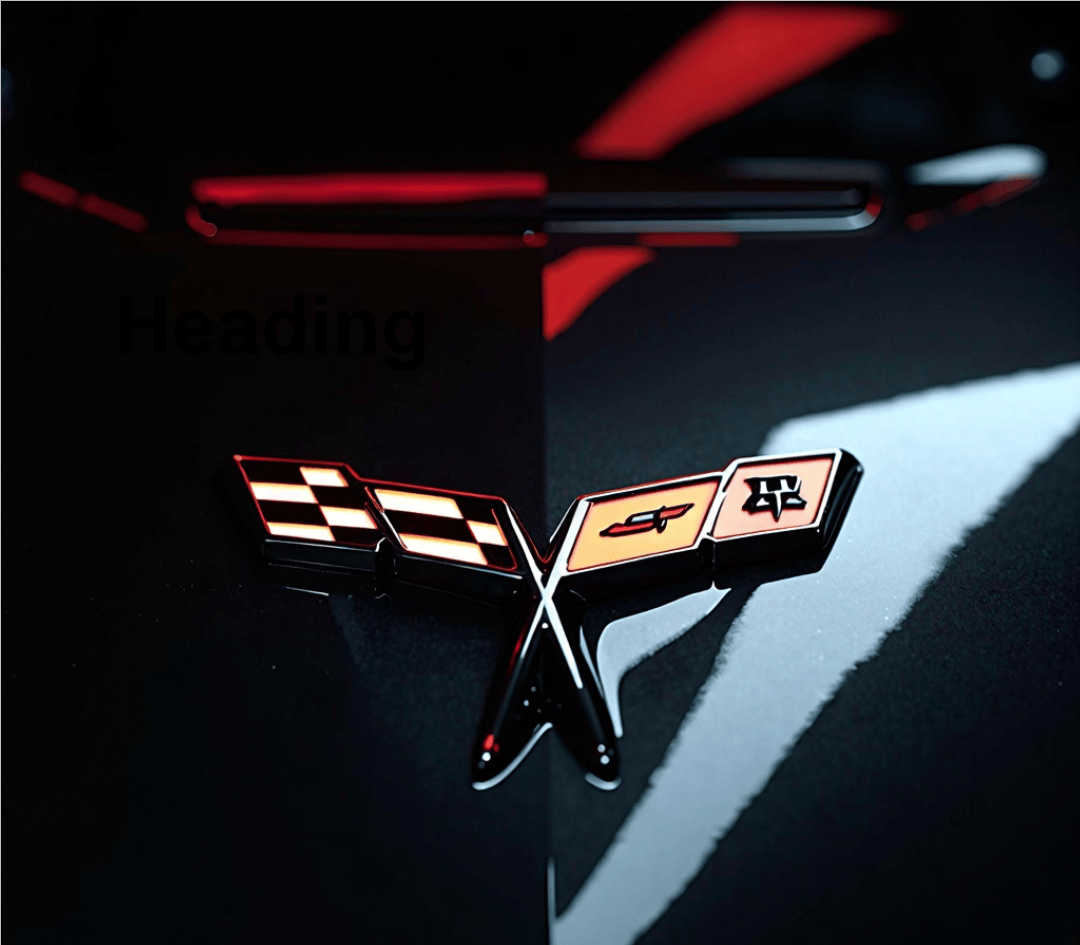
Exploring the Thrills of Corvette Auctions: What Drives Price Differences?
In the world of classic cars, few names evoke as much passion and excitement as the Chevrolet Corvette. Sporting impressive design and engineering innovation, Corvettes are more than just cars; they embody status, performance, and an enduring legacy. For car enthusiasts and collectors alike, auction houses provide a thrilling arena where these iconic vehicles are bought and sold. In our ongoing series, "In The CorvSport Ring," we dive into the strategic nuances of auction formats—specifically, whether no-reserve auctions truly yield higher bids and excitement than those with a reserve.
The No-Reserve Auction Phenomenon
No-reserve auctions are often touted as a way to generate excitement and encourage bidding frenzy. The absence of a minimum price can create a perception of urgency and competition among bidders. But do they deliver better financial outcomes? As we analyze our latest bout between six Corvettes, the results are eye-opening.
Round One: A Clash of 2000 Corvettes
First in our ring was a 2000 Corvette Coupe, with 64,620 miles, fighting against its nearest competitor—a similar 2000 model with 60,193 miles, but with a reserve. The no-reserve Corvette achieved a sales price of $13,000, while the reserve counterpart sold for $16,000. The reserve model also attracted more bids and views, suggesting that collectors might prefer the reassurance of a minimum sale price, even if the no-reserve option promises excitement.
Round Two: The Z06 Showdown
In our second match, a 2015 Corvette Z06 Coupe with only 13,043 miles faced off against another Z06 variant, slightly more worn at 13,912 miles but holding a reserve. In a surprising turn, the no-reserve model won with a sales price of $76,000, contrasted with the reserve offering, which sold for $63,000. Here, the no-reserve format not only attracted more bids but also significantly outperformed the reserve model in terms of final selling price.
The Ongoing Debate: Views from the Collector Community
The mixed results from these bouts highlight a growing debate within the collector car community. Some advocate for no-reserve auctions due to the excitement and potential for above-market sales. Others remain skeptical, valuing the security that a reserve price provides. A study by the Specialty Equipment Market Association (SEMA) in 2021 revealed that auction formats with reserves tend to appeal to a more traditional buyer demographic concerned with investment protection.
Predicting Future Trends: Auctions in a Digital Age
As technology evolves, the landscape of car auctions is changing. Online platforms like Bring a Trailer are leading the charge, enabling more accessible bidding for collectors. Future predictions suggest that as digital auctions grow, they will increasingly cater to a wider range of bidders. This could amplify the no-reserve auction trend, shifting buyer psychology in favor of more adventurous bidding behaviors, with less fear of overpaying.
Practical Insights: Tips for Enthusiasts and Bidders
For those looking to participate in upcoming car auctions, here are a few tips: Always research completed sales of comparable models to gauge market values; consider the potential risks and rewards of both no-reserve and reserve auctions; and most importantly, understand your own budget limitations before jumping into bidding wars. Online auctions can be particularly competitive, so set your maximum price and stick to it.
Your Next Steps: Join the Corvette Community
The excitement of purchasing a Corvette at auction is unparalleled. As discussions continue around the merits of auction types, building a knowledge base will empower you as a car enthusiast. If you’re eager to learn more about specific Corvette models or search for the right dealership, find a Chevrolet Corvette dealer near you and immerse yourself in this vibrant community of collectors. Don’t miss out on the chance to own a piece of automotive history!
 Add Row
Add Row  Add
Add 




Write A Comment